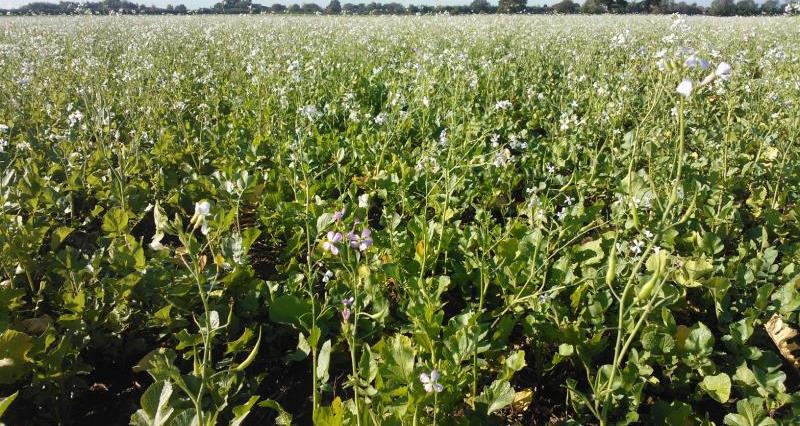Defra has said to the NFU that although soil is not listed as a public good in the Agriculture Bill, Defra recognises that soil is a natural asset and the “golden thread” delivering a number of public goods. So, in short, the NFU would expect actions that improve the health of our soils to be included in ELM.
The challenge for Defra is what can be paid for under ELM. It is unlikely to pay solely for productivity benefits yet we know it is difficult to disaggregate the productivity benefits from public benefits (such as mitigating against flooding, climate changes, etc) in soil management.
Defra has indicated that it will not exclude practices that deliver benefits for productivity, but any practices must also deliver for one of the outcomes under ELM. So, these include clean and plentiful water; thriving plants and wildlife; habitable climate.
There is a long way to go before we have any detail for ELM and Defra is not in a position to say exactly what type of practices will be supported by ELM and the detail of that support. Practices that are supported through ELM will need a clear evidence base that they are delivering public goods.
In the NFU’s view cover cropping and reduced tillage practices are still in the mix for being included in ELM as they can help contribute to the outcomes listed above. They contribute to improved soil organic matter content which can help sequester more carbon in our soils and increase its water holding capacity. The public benefits of these outcomes are potential mitigation against climate change and extreme weather events, such as flooding.
The NFU will work with Defra to ensure that the range of ELM measures will be as broad as possible.
